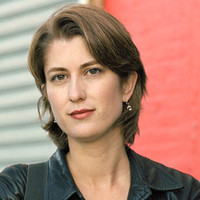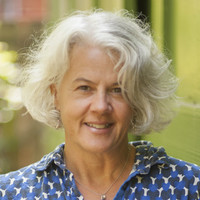Nathan Thornburgh is the co-founder and co-publisher of Roads & Kingdoms.
"You have to remain committed to the kind of irrational act of producing journalism for an uncaring world. You have to want to do that so bad, that you will never not be doing that. There’s so many ways to die in this business."
Thanks to MailChimp, Mubi, and Rise and Grind for sponsoring this week's episode.













